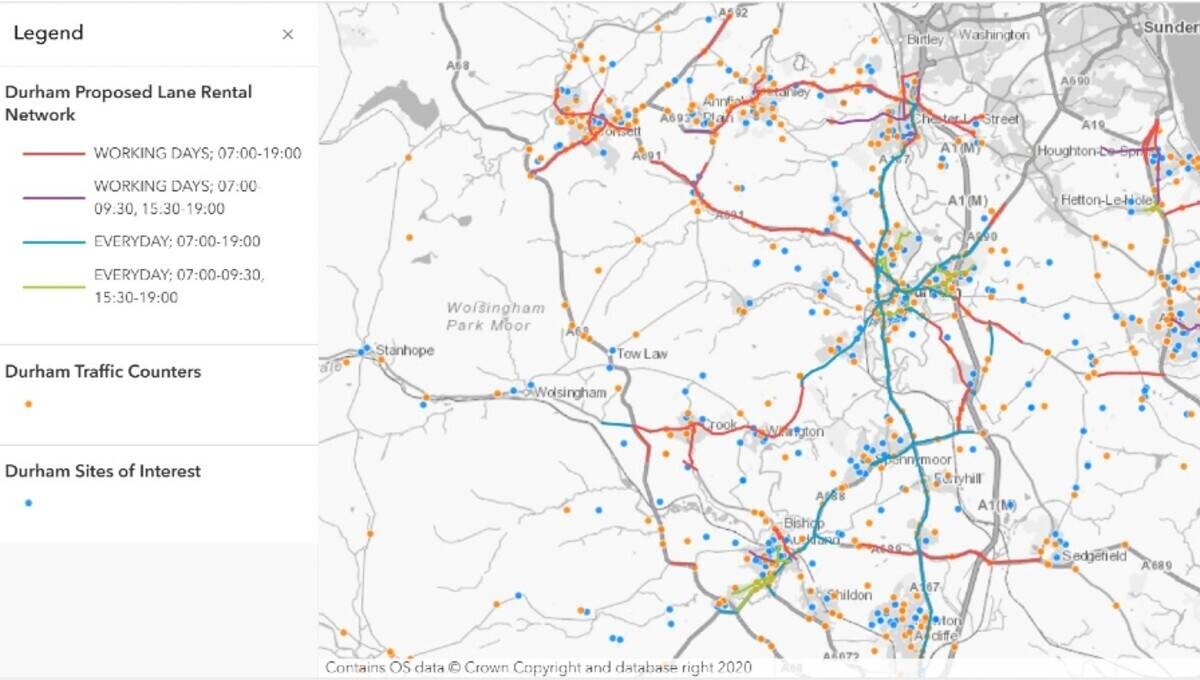Eight local authorities encompassing the whole of North and mid-Wales have generated savings of over £850,000 by utilising Unique Property Reference Numbers (UPRNs) from Local Land and Property Gazetteers (LLPGs).
Focusing on the verification of single person discount claims, which entitles those living alone to a discount on the amount they are required to pay for their council tax, the authorities (Wrexham, Flintshire, Denbighshire, Conwy, Gwynedd, Anglesey, Ceredigion and Powys) commissioned a large project that saw all 135,000 claims checked.
UPRNs, which are the de facto property identifiers used across the public sector, were provided by five of the authorities in order to create linkages to other datasets including revenues and benefits records and the register of electors. Additionally, the accuracy and standardisation of the address data contained in their LLPGs provided consistency for the geographical area, irrespective of council boundaries.
Because of the great deal of change which occurs with single person discounts due to people divorcing, students and other transient residents, calculation of actual numbers was difficult and very resource intensive. Working together to gain better economies of scale, the authorities went through a formal tender process that saw an external organisation brought in to manage the process for sending out letters to residents, managing the queries which came back and also managing the matching of records with key external credit referencing data and the councils' internal data sources to provide verification of the results.
Costing approximately £145,000 to run and returning savings, based on additional revenue, of £1 million, the average return across the seven authorities was £7 for every £1 spent. Importantly, this was achieved without any extra pressure on existing staff and ultimately helped toward making the savings that all councils were required to achieve.
Speaking of the success, Phil Round, Revenues and Benefits Manager at Wrexham County Borough Council explained that, "Working within a consortium has had major benefits. In addition to securing economies of scale, members were able to provide mutual support to each other, and create one tender document and one contract for all eight authorities."
"The whole project was underpinned by the UPRNs, which made the linking of all datasets much easier and quicker, and facilitated the ability to work together."
LLPGs are address datasets created by each local authority in England and Wales. They conform to British Standard BS7666 and contain every property within a council's boundaries. Each record is assigned a UPRN and there are a growing number of examples of significant savings being created by councils utilising this data to reduce errors, avoid duplication of work and enable joint working.
For more information, visit www.geoplace.co.uk
ENDS
CONTACTS:
GeoPlace contact:
Gayle Gander
Head of Marketing
+44(0)207 747 3500
[email protected]
www.geoplace.co.uk
Notes to editors:
GeoPlace
GeoPlace is a public sector limited liability partnership between the Local Government Association and Ordnance Survey. GeoPlace's role is to create and maintain the National Address Gazetteer and the National Street Gazetteer for England and Wales, providing definitive sources of publicly-owned spatial address and street data for Great Britain. Through agreement with Scotland's Improvement Service Company, coverage has been extended to include Scotland'. Visit www.geoplace.co.uk



